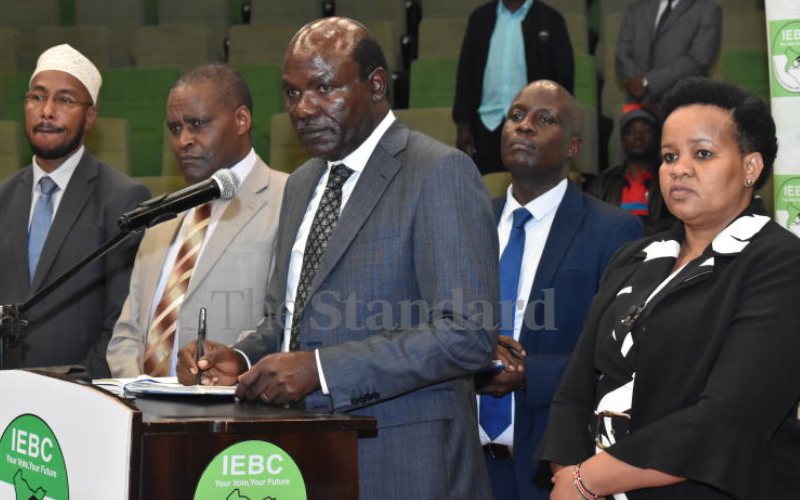×
The Standard e-Paper
Home To Bold Columnists

You have until tomorrow to confirm your voter registration details when the month-long voter verification exercise concludes.
That gives 24 hours to confirm your details, amid revelations that the Independent Electoral and Boundaries Commission (IEBC) electronic system was breached, leading to illegal transfers of voters.